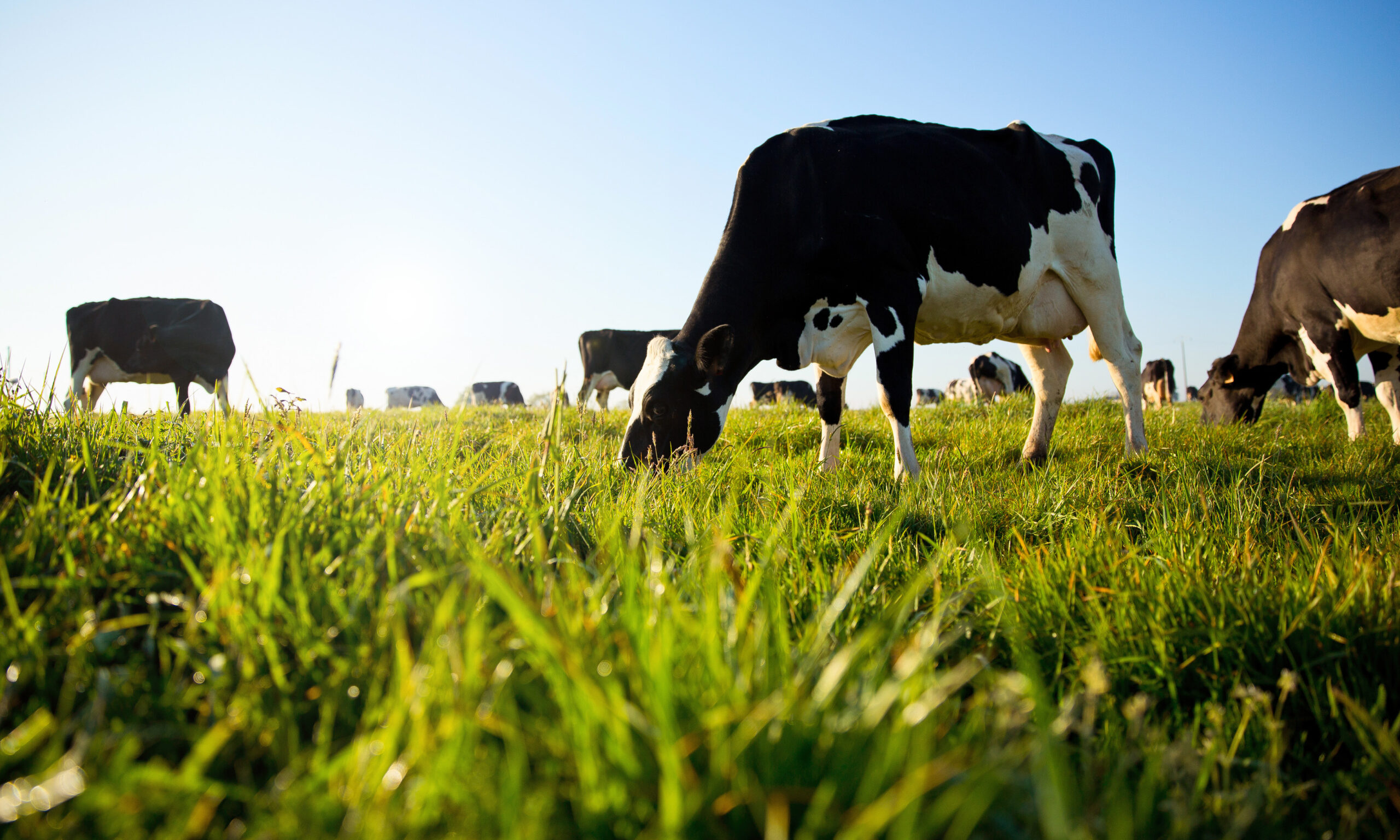You have to look to the construction industry to find a business case for grass. The construction industry, agriculture and researchers agree on this in a new episode of the podcast on green biorefining in Denmark.
“I want to still be a farmer in 30 years. That’s why I need to think outside the box. I’m ready for change – as long as it creates value and makes economic sense.
So says Michael Bisgård, an organic farmer with 230 cows and 500 hectares of land at Hagens Mølle near Skive Fjord. The farm is located just 600 metres from the fjord – a vulnerable natural area that already faces challenges with algae blooms and environmental pollution. And with increasing demands on agriculture’s impact on Limfjorden, it is no longer a question of whether – but how – Michael should adapt.
But instead of waiting, Michael has seized the opportunity to let grass play the leading role in a sustainable transformation – both as feed, as input for biogas and as material in other industries.
‘It’s not that different from when we started with biogas. It was also difficult to make it profitable in the beginning – and today you can produce gas without subsidies. I think we will see the same journey with grass protein,’ says Michael Bisgård.

Grass as a building block
In the Energy City of Skive, project manager Stephan Scheelke is working to build bridges between agriculture and the construction industry. The construction industry is facing new demands for CO₂-friendly solutions, and agricultural waste streams could be one solution.
‘It’s about getting the construction industry to look at what farmers have in surplus – for example, grass fibres. These can be used for acoustic panels or insulation,’ explains Stephan Scheelke.
Choose to listen on YouTube or on Acast.
The podcast features:
Michael Bisgård, organic farmer, Hagens Mølle
Uffe Jørgensen, professor, Department of Agroecology, Aarhus University
Steen Bitsch, director, Vestjyllands Andel
Stephan Scheelke, project manager, Energibyen Skive
Mikkel Thomassen, partner, Smith Innovation
Mikael Wraae Valsted, subject manager, Danish Industry
Bente Møller Markussen, project manager, Energibyen Skive
Rasmus Rørbæk, journalist, freelance
The podcast is produced by the Centre for Circular Bioeconomy (CBIO) at Aarhus University and Energibyen Skive. Together with Swedish partners, we are part of the EU project Green Valleys 2.0.
The podcast is funded by Interreg ØKS.

